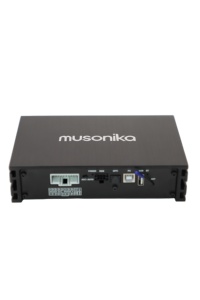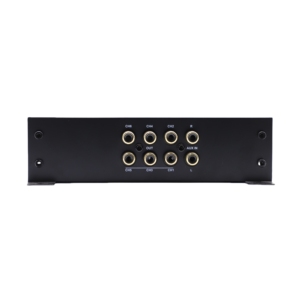Understanding Guitar Amplifier Noise
Guitar amplifier noise is an essential aspect of the electric guitarist’s sound. Whether you're just starting out or are a seasoned performer, understanding the types, causes, and means to manage noise can greatly enhance your playing experience. This description provides key insights into the nature of guitar amplifier noise, its various types, practical applications, and how you can effectively reduce it to achieve quality sound.
Types of Guitar Amplifier Noise
There are several types of noise that can affect your guitar amplifier's performance. Identifying these noises is crucial for tailored solutions:
- Hiss: A high-frequency noise often associated with the amplifier’s electronics.
- Hum: A low-frequency, consistent sound usually generated by the power supply or ground issues.
- Buzz: This noise can occur due to interference from electronic devices or grounding problems.
- Feedback: A loud, sustained sound occurring when the guitar's signal loops back through the amplifier.
Applications of Managing Guitar Amplifier Noise
Effectively managing guitar amplifier noise is imperative for various music scenarios, from live performances to studio recordings. Here are some key applications:
- Live Performances: Reducing noise can enhance the clarity of your sound, allowing the audience to experience your music as intended.
- Recording Sessions: Clean sound is crucial; excessive noise can muddy up tracks, making it difficult to produce high-quality recordings.
- Home Practice: A quieter environment enhances focus and creativity, allowing for more productive practice sessions.
- Composition: Clear sound helps musicians better hear their compositions, improving the overall quality of their songwriting.
Features and Solutions to Minimize Guitar Amplifier Noise
Numerous features and solutions can aid in reducing unwanted noise from your guitar amplifier:
- Noise Gates: This device helps cut off sound when you’re not playing, significantly reducing background noise.
- Power Conditioners: Utilizing a power conditioner helps clean the electrical supply, minimizing interference that can cause hum.
- Proper Cables: Invest in high-quality cables; the right cables can greatly reduce noise from your signal chain.
- Grounding Techniques: Proper grounding of your amplifier and signal chain can greatly lessen hum and buzz.
- Tone Settings: Dialing back excessive treble or boosting bass can sometimes alleviate certain high-frequency noises.
Advantages of Managing Guitar Amplifier Noise
Taking the time to manage guitar amplifier noise offers a multitude of advantages for any musician. Understanding these benefits can inspire action:
- Improved Sound Quality: A cleaner signal means better tonal accuracy and a polished sound.
- Better Performance Consistency: Reducing noise leads to reliability during live shows, allowing musicians to perform with confidence.
- Enhanced Creativity: A quieter environment inspires more creative expression and innovative songwriting.
- Longer Equipment Lifespan: Good practices can help extend the life of both your amplifier and guitar.














































